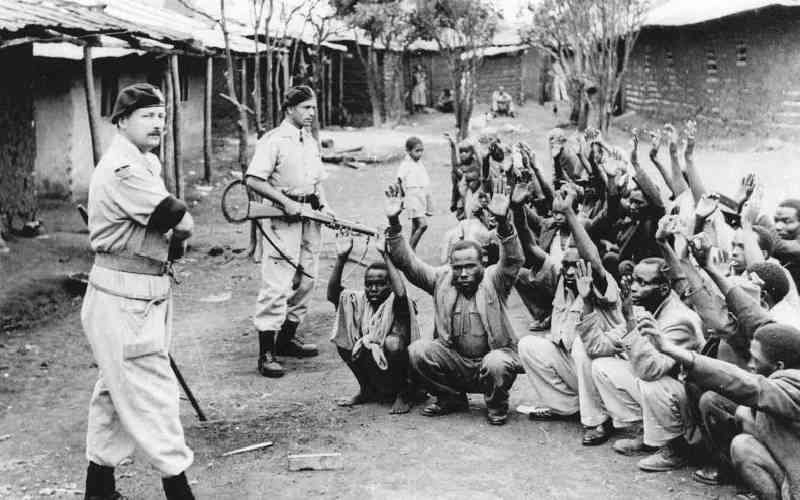×
The Standard e-Paper
Fearless, Trusted News

In December 1964, a year after the end of colonialism in Kenya, civil rights activist Malcolm X spoke in Harlem, the heart of Black America. His message was inspired by Mau Mau fighters in Kenya.
In the meeting, Malcolm extolled the virtues of the African freedom struggle with a rendition of 'Oginga Odinga of Kenya' performed by Freedom Singers, a musical group that sang "freedom songs" to encourage the Black American movement.